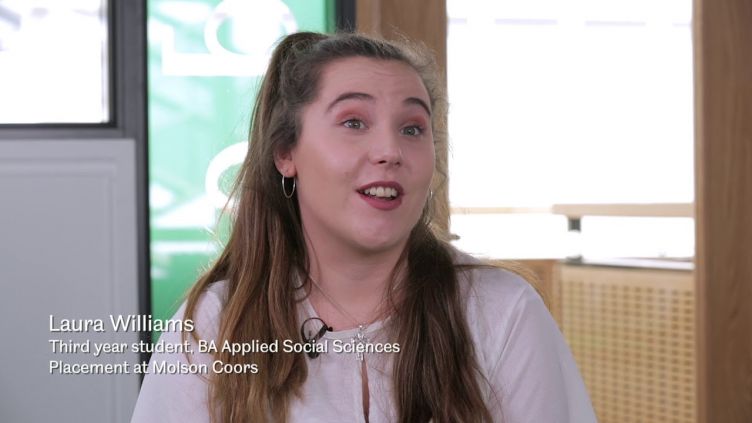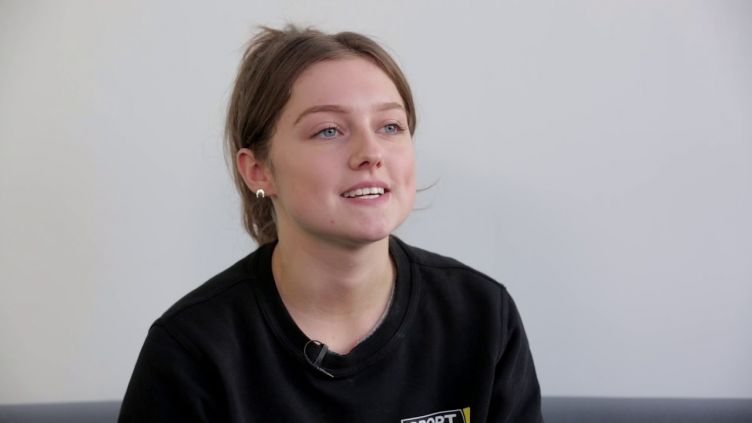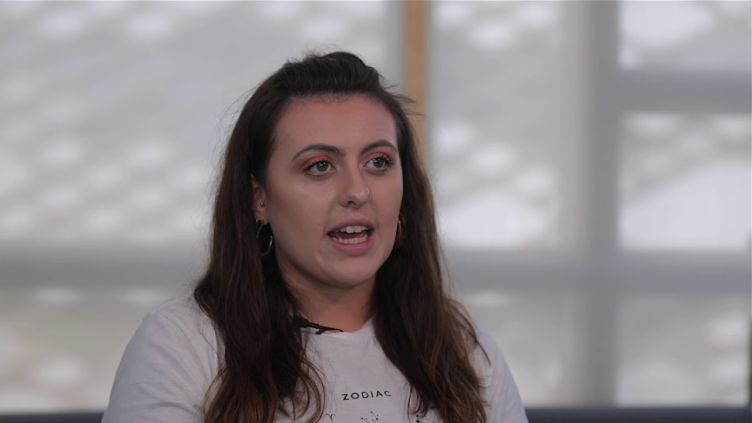About the placement
Our student placement scheme will give you the opportunity to get hands-on experience outside of the classroom, gain valuable work experience and develop your employability - helping you to enhance your future career prospects.
Placements normally take place over the summer and last approximately six weeks, working 35 hours per week. Exact dates are arranged by the host organisation. Students will be paid bursaries for their work by the Sheffield Methods Institute (SMI).
About Sheffield Methods Institute student placements
Previous placements
Just some of the placements our students have undertaken.
- South Yorkshire Police
-
South Yorkshire Police (SYP) Placement - Working with the Business Change and Innovation team to help elicit insights and develop options for change to support the organisation improve its services to the public.
In 2018, Rosie undertook a six-week work placement analysing data at South Yorkshire Police. Watch Rosie talk about how she found the placement, and how valued her work was by the staff at South Yorkshire Police.
- Wakefield Clinical Commissioning Group
-
Wakefield Clinical Commissioning Group Placement - Working on a research project that will involve the development of a pre-existing model that estimates the risk of genetic disorders caused by close relative marriage (consanguinity).
- ScHARR, University of Sheffield
-
ScHARR (School of Health and Related Research) Placement - Working with their research team to prepare data sets and conduct data analysis to investigate what features of BHUs (Basic Health Units) are associated with better quality care and outcomes. The placement holder will also have the opportunity to learn about the qualitative components of the study and participate in team discussions regarding the integration of data across the methods.
- The Ditchley Foundation
-
The Ditchley Foundation Placement - Working on using quantitative analysis to bridge divides. This project revolves around the understanding of people and their networks across areas such as education, climate and politics. You will be expected to perform research on a list of individuals, learning about their attributes and background, as well as the communities of which they are a part. In some cases you may be asked to determine the list of individuals yourself, given a particular thematic direction.
- Liberty Group
-
Liberty delivers people-focused, intelligence-driven property services that deliver better outcomes for customers and clients. They repair and maintain buildings, manage properties, build homes and support clients with all their property needs. The student will join the BI team at Liberty to assist in providing access to data, reporting, visualisation, and insights to a broad range of stakeholders across the company. The focus is bringing efficiencies to the business, in turn passing this on to clients around the country providing social housing.
- Good things foundation
-
Good Things Foundation, the UK’s leading digital inclusion charity, funded by Accenture and in partnership with the Online Centres Network and Nesta, delivered the Future-Proof: Skills for Work project to support individuals to develop digital skills relevant to the workplace. As part of this work, they collected individual data from over 900 project beneficiaries to understand their goals, needs, demographics and outcomes. This has resulted in a hugely rich data set about digital employability needs and progression, which they’d like to open up for a student to interrogate, analyse and draw meaningful research conclusions from. The outputs from this placement will inform Good Things Foundation’s strategic work advocating for digital employability support that meets people’s needs.
Placement students and employers: 2019
Hear from our 2019 placement students and some of their employers, as they talk about the variety of work they undertake on the placement scheme.
Our expectations
As a condition of taking part in the placement scheme, all students are expected to write three blog entries/posts (each of 300 to 400 words) about their experiences, which will be published on the SMI web pages and promoted on our relevant social media channels.



